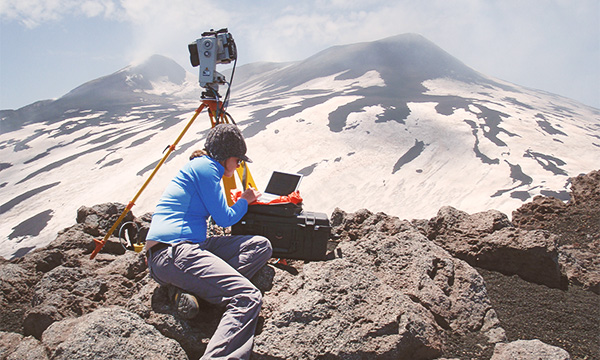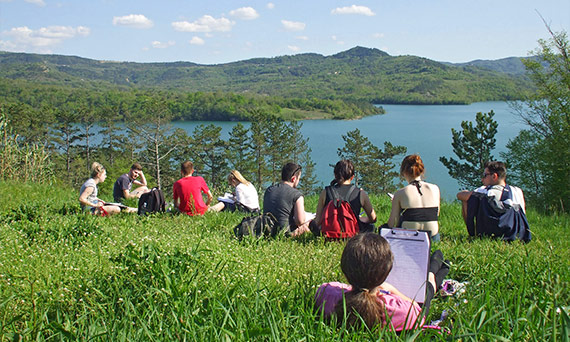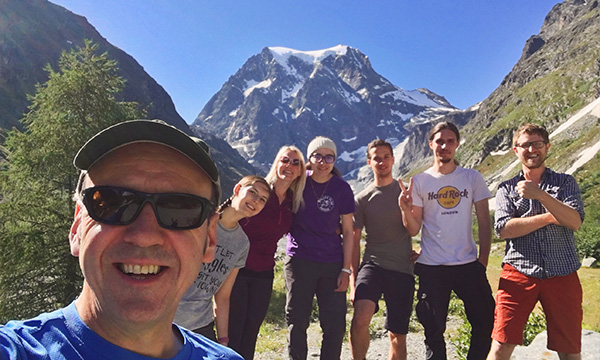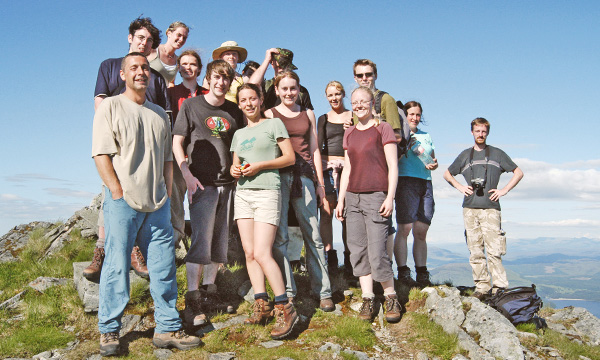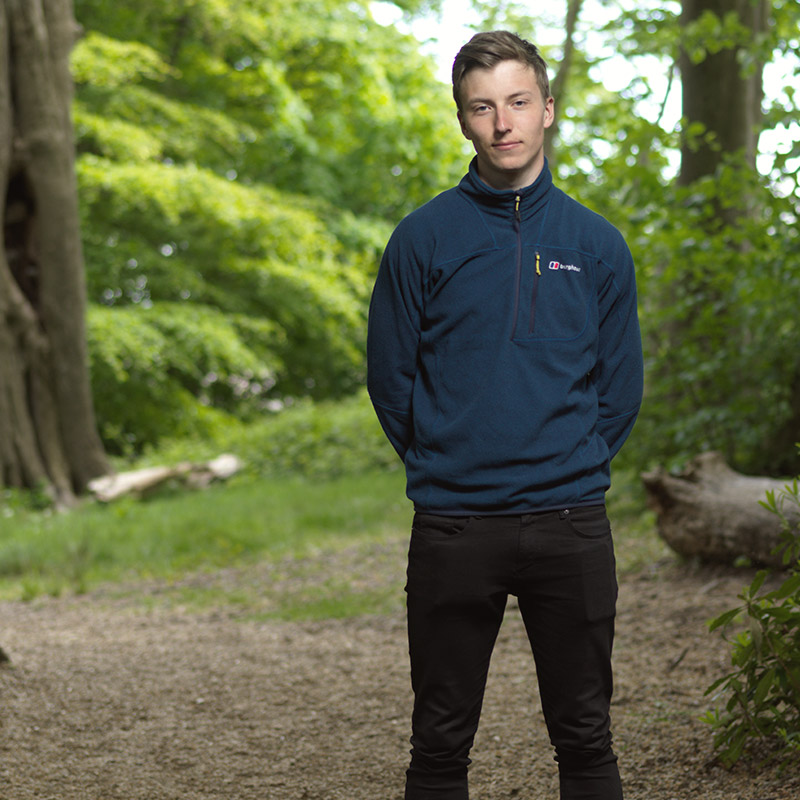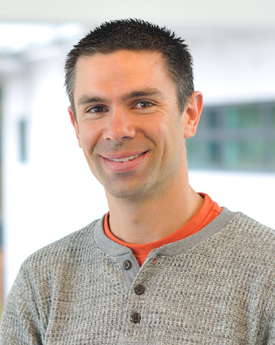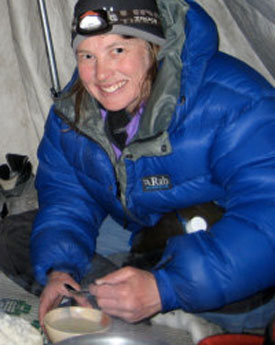Your offer holder event
The dates
- Saturday 1st February- FULLY BOOKED
- Saturday 15th February- FULLY BOOKED
- Saturday 26th April- FULLY BOOKED
Please note that all of our offer holder events are now fully booked. If you would like to arrange a 1:1 chat with an admissions tutor, please contact lec.ug@lancaster.ac.uk and we shall endeavour to arrange this.
Sample Schedule
|
Time |
Event |
|
11:30 am |
Registration in department |
|
12.00 pm |
Subject-specific talk with Admissions Tutors |
|
12.45 pm |
Light lunch in the department |
|
1.30 pm |
Applicants and guests – Taster lecture |
|
2:15 pm |
Applicants & Guests – Practical sessions |
|
3.05 pm |
Refreshments in Training Rooms |
|
3.30 pm |
Applicants & Guests LAB Taster session |
|
4.30 pm |
Event Ends |



